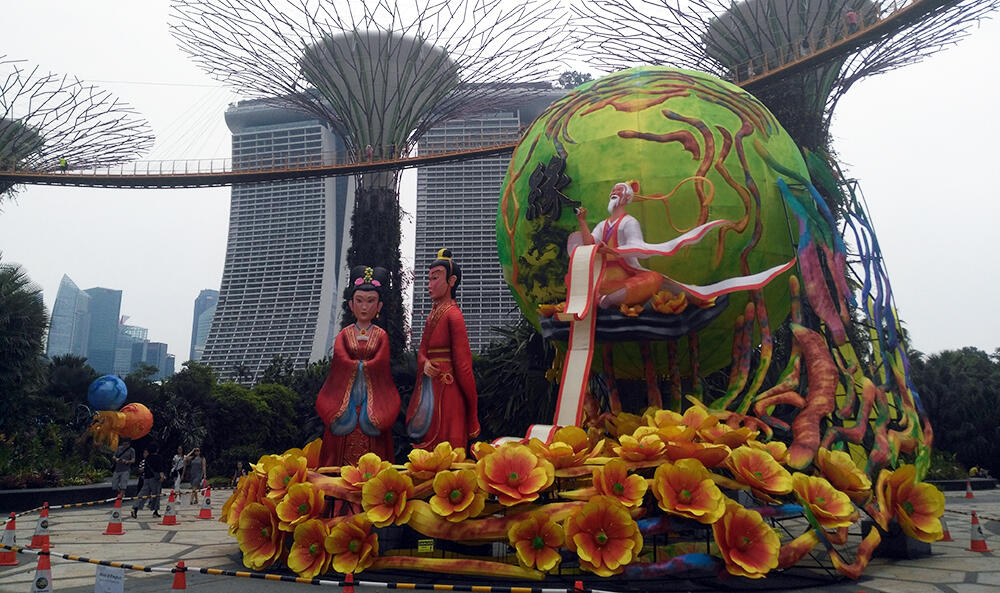Bergen Group for Research on Human Futures
The future - the orientation towards a time yet to come - is fundamental for understanding contemporary global society. Read more about the researchers here.

Main content
Professor Annelin Eriksen
Annelin Eriksen has worked on Pentecostal forms of Christianity, mainly in the South Pacific nation of Vanuatu, but also on other social movements focussing on dramatic change. Her new research focuses on ideas of a "New Human Being" and immortality quests in Christian cosmology and transhumanist thinking.
Professor Knut Mikjel Rio
Knut Rio has worked on a wide range of issues in the Pacific ; agriculture and ritual, kinship, economic forms, colonialism cultural heritage and witchcraft and sorcery. In his new research he will be investigating new social forms developing globally around money and wealth. This includes forms of cryptocurrencies as well as future bonds and sovereign wealth funds.
Professor Bjørn Enge Bertelsen
Bjørn Enge Bertelsen has worked on violence and processes of state formation in Africa, more specifically in Mozambique. He has been concerned with various forms of socio-cultural dynamics relating to politics, cosmology and mobilization. His new research focuses on the future practices related to emerging urban formations in Africa and how these future cities—often privatized, enclaved or smart—prefigure global developments more generally.
Associate Professor Cecilie Vindal Ødegaard
Cecilie Vindal Ødegaard has worked on the urban indigenous, informaleconomies and cosmologies of landscape in the Peruvian Andes. In her newresearch she focuses on human-nature relations specifically with respectto environmental governance, property ownership, and the experimentationwith community forms in a context of climate change.
Professor Randi Gressgård
Randi Gressgård has worked on urban diversity politics in Malmö, Sweden. She has focused on how ideas about the future are formed through policy discourses on social sustainability and security. In her ongoing research, she focuses on the shift from modernist approaches to security (based on prediction and control) to resilience politics in area-specific prevention policies targeting “vulnerable populations”, which involve notions of the future as truly uncertain (non-calculable) and failure as inevitable.
